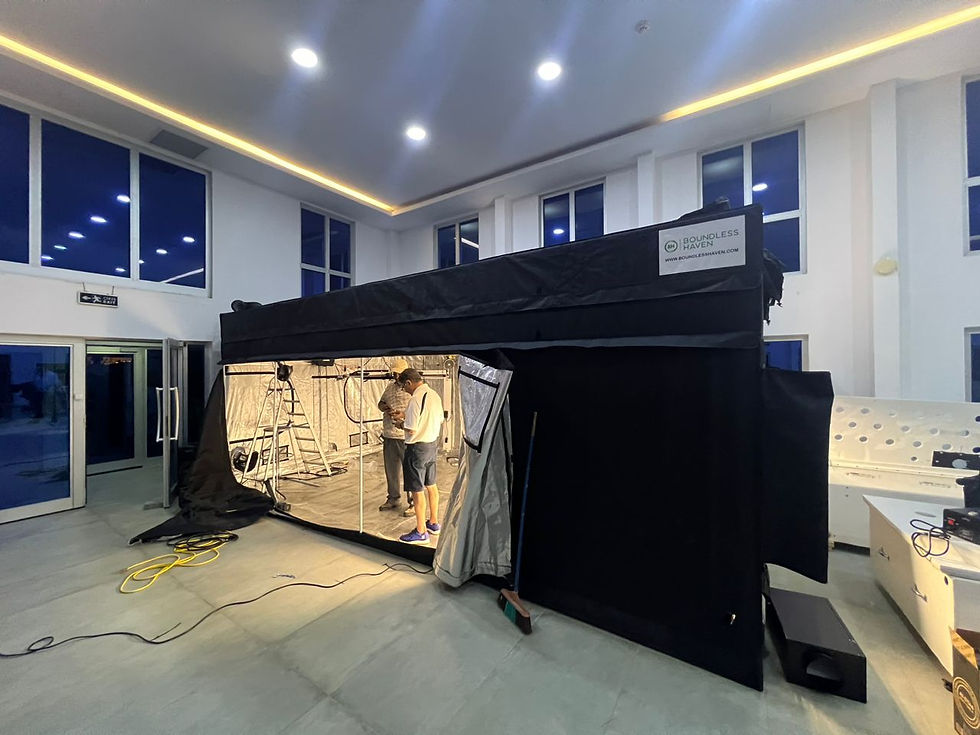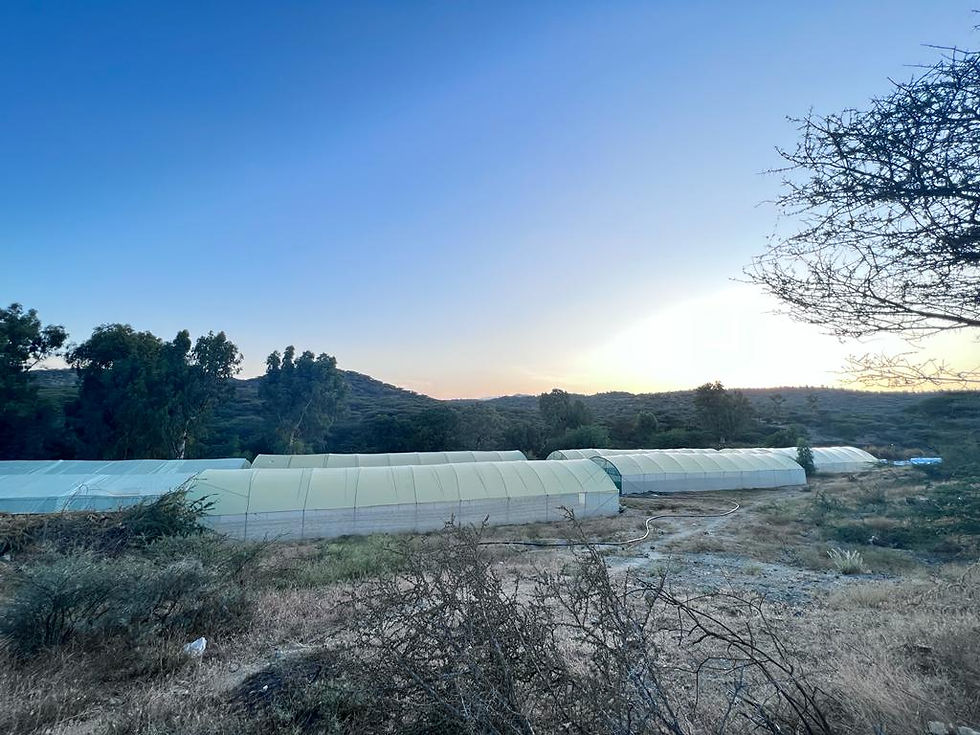Aeroponic Farming Takes Root in Djibouti
- Sophia Polansky
- Sep 30, 2024
- 2 min read

In a groundbreaking development for sustainable agriculture, Boundless Haven, a pioneering aeroponics company, has successfully launched a pilot project in Djibouti, marking a significant milestone in addressing the country's food security challenges. This project, the first of its kind in Djibouti, has demonstrated promising results with the successful cultivation of tomatoes using aeroponic technology, revolutionizing how food can be grown in arid and resource-constrained environments.
A Partnership for Innovation and Sustainability
Boundless Haven has undertaken this ambitious project in collaboration with several influential partners, including the World Bank, the Centre de Leadership et de l'Entrepreneuriat (CLE), Bioneat, and Freya Cultivation Systems. Together, these organizations share a vision of fostering innovation in agriculture to combat food insecurity, climate change, and water scarcity in regions like Djibouti, where traditional farming faces significant barriers.
Aeroponics is an advanced form of agriculture that allows plants to grow in an air or mist environment, without the use of soil. This method is not only water-efficient but also significantly reduces the amount of land required for crop cultivation, making it a vital solution for countries with limited arable land and water resources, like Djibouti.


The First Tomatoes: A Symbol of Success
The first major achievement of the Boundless Haven pilot project came when tomatoes grown through aeroponic techniques flourished, symbolizing the potential for larger-scale applications. Tomatoes were chosen for this pilot due to their high water demand in traditional agriculture, making them an ideal candidate to demonstrate the efficiency and sustainability of aeroponic methods.
In a country like Djibouti, where harsh climatic conditions and poor soil quality make traditional farming difficult, this success is not just a technical victory but a hopeful sign of future agricultural innovation.

Looking Ahead: Scaling for Impact
The success of this pilot project is just the first step. Boundless Haven and its partners are already planning to expand the scope of the initiative by introducing a variety of crops and scaling up operations to benefit more regions in Djibouti and beyond. With global food security becoming an increasingly pressing issue, the lessons learned from this project could serve as a blueprint for future aeroponic farming systems in other arid regions across Africa and the Middle East.
Furthermore, Boundless Haven aims to engage with local governments and international stakeholders to explore broader agricultural policies that support the adoption of aeroponics and other sustainable farming practices.



Comments